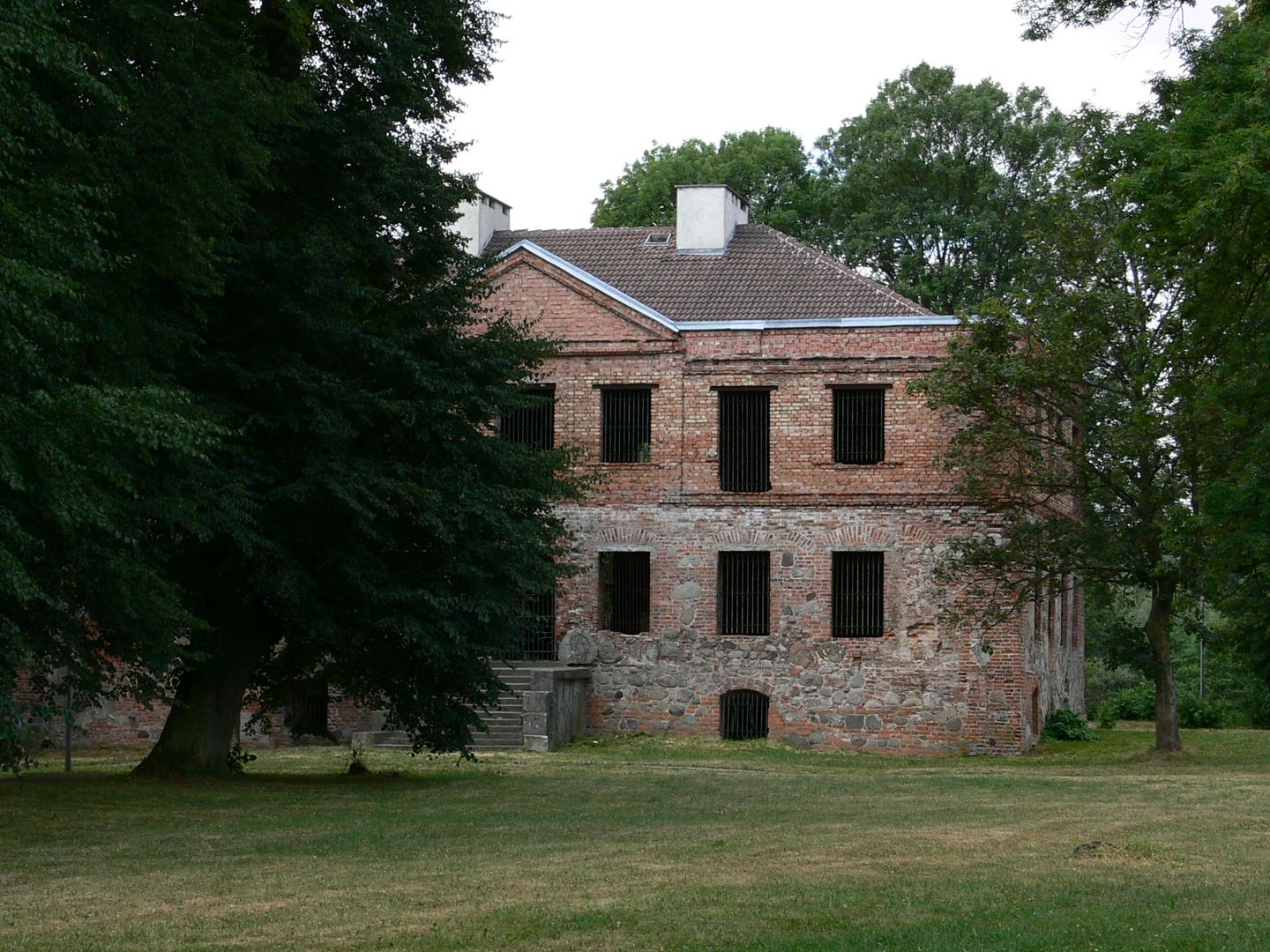Kalisz Pomorski
6.84

Overview
Kalisz Pomorski, located in the West Pomeranian Voivodeship, is a town with a rich history dating back to the Bronze Age. Over the centuries, it was ruled by various powers, including Przemysł I of Greater Poland and Brandenburg. It obtained town rights in 1303 and developed over the following centuries as an important trading center, largely due to its location on the Myślibórz–Tczew route. Despite suffering significant destruction during wars, including World War II, the town has preserved several valuable historical monuments. Among them, the 18th-century Evangelical church, built in the Classicist style, and the palace complex with Gothic remnants, once the seat of the Wedel and Güntersberg families, stand out. Kalisz Pomorski is also known for its unique urban layout, though it is no longer fully legible due to post-war reconstruction. Today, Kalisz Pomorski boasts a vibrant cultural life, hosting numerous events such as the Jarmark nad Jeziorem Ogórkowym (Cucumber Lake Fair) and the Regionalny Festiwal Piosenki Przyrodniczej (Regional Nature Song Festival). Residents can enjoy various cultural institutions, including the Municipal Cultural Center and the public library. Surrounded by picturesque lakes and forests, the town is a popular tourist destination, with a beach available at Lake Bobrowo Wielkie. Kalisz Pomorski also thrives on local industry, with growing manufacturing and trade sectors. An interesting historical artifact is the Grinding Stone, which may have been used to punish liars; it was restored in 2003. The town maintains international partnerships with the German cities of Kaltenkirchen and Torgelow, highlighting its cross-border connections.
Location
2026 Wizytor | All Rights Reserved